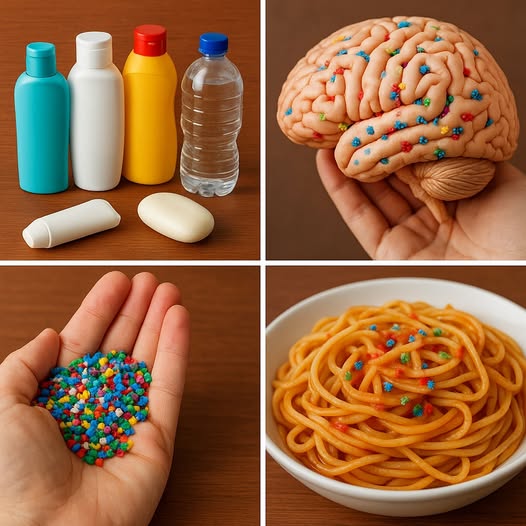Why Should You Care About Microplastics?
Microplastics are everywhere – in your water, food, and even the air you breathe. These tiny plastic particles (smaller than a sesame seed) come from broken-down bottles, packaging, and synthetic clothes. Studies show they might mess with your hormones, damage organs, or even increase cancer risk over time. You can’t avoid them completely, but you can reduce your exposure.
What Makes Microplastics Dangerous?
Microplastics absorb harmful chemicals like pesticides or industrial pollutants. When they enter your body, these toxins may leak out and cause inflammation or cell damage. Fish and seafood often contain microplastics, but they’re also in tap water, bottled water, and household dust. The long-term effects aren’t fully known, but cutting back now could prevent future health issues.
Key Benefits of Reducing Microplastic Exposure
Limiting microplastics helps protect your body from unknown risks, reduces pollution in oceans and soil, and encourages companies to use safer materials. Small changes today can lead to big health and environmental wins tomorrow.
Simple Swaps to Minimize Microplastics
| Action | Benefit |
|---|---|
| Use glass/metal containers | Prevents plastic particles from leaching into food |
| Avoid single-use plastics | Reduces plastic waste breaking into microplastics |
| Choose natural fabrics (cotton, wool) | Stops microfibers from shedding in laundry |
| Install a water filter | Removes up to 90% of microplastics in tap water |
| Buy biodegradable products | Breaks down safely without creating microplastics |
How to Take Action in 5 Steps
- Switch to glass or stainless steel bottles for drinks
- Store leftovers in beeswax wraps instead of plastic cling film
- Wash synthetic clothes less often, and use a microfiber-catching laundry bag
- Avoid scrubbing with plastic-based exfoliants – use oatmeal or salt instead
- Support brands using natural packaging materials like bamboo or paper
Remember: Safety First
Research is still evolving – scientists don’t know all the risks yet. If you experience digestive issues or skin irritation after suspected microplastic exposure, talk to a doctor. Always consult health professionals before making major diet or lifestyle changes, especially if pregnant or managing chronic conditions.
